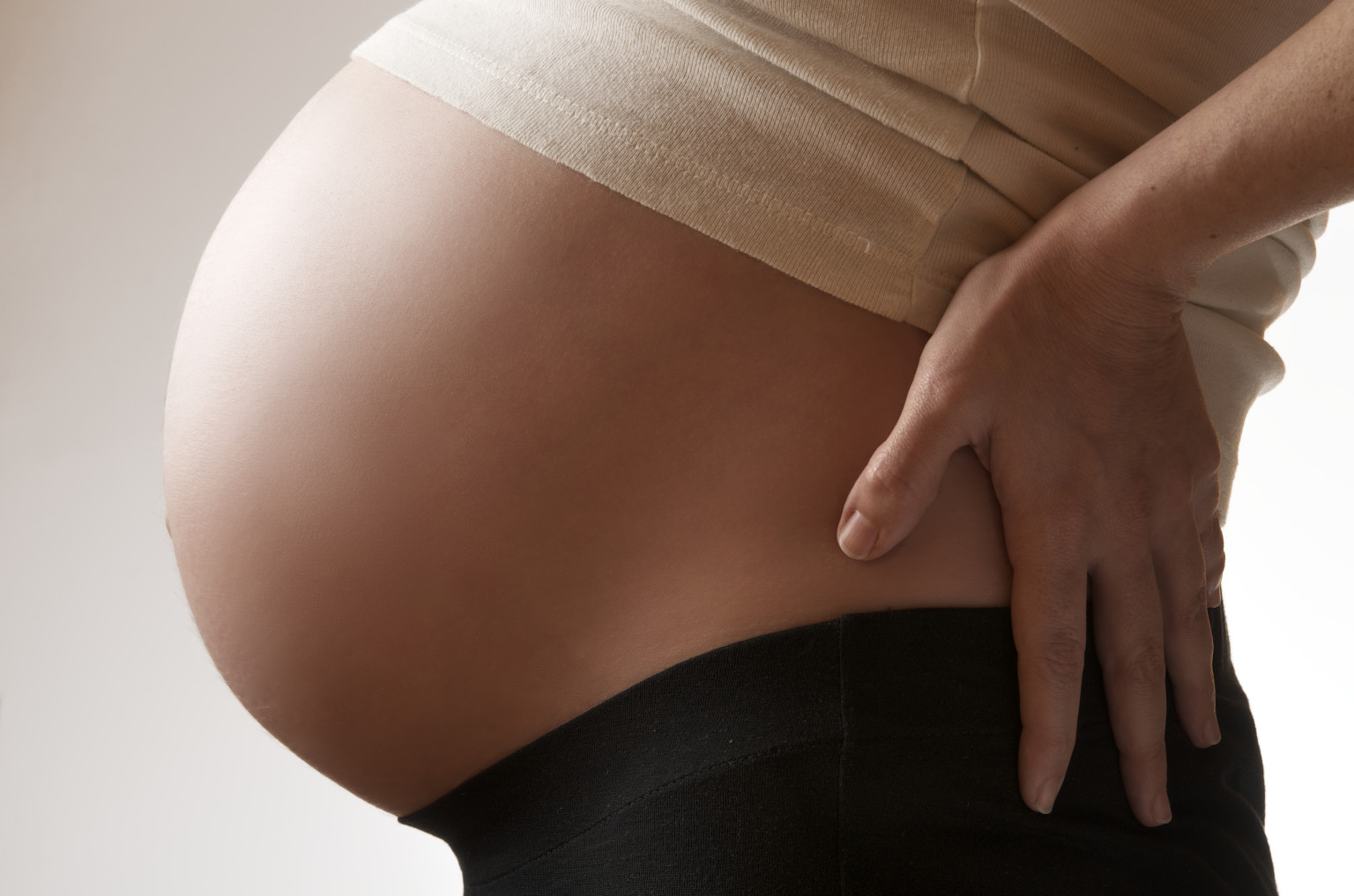The Government has said the term “pregnant woman” should not be used in a United Nations treaty because it “excludes” transgender people. It is the latest move to extend transgender rights but has angered some feminists who call it “making women unmentionable”. The statement is in the UK’s submission on amendments to the International Covenant on Civil and Political Rights. The treaty, to which Britain has been a signatory since 1976, upholds individuals’ rights. It says a “pregnant woman” must be protected, including not being subject to the death penalty.
The Foreign and Commonwealth Office opposes the term “pregnant woman” because it may “exclude transgender people who have given birth”. It wants to ensure females who identify as male but have kept their female sex organs, and can conceive, are covered. There are only two known cases of transgender pregnancy in Britain. Feminist writer Sarah Ditum said:
“This isn’t inclusion. This is making women unmentionable. Having a female body and knowing what that means for reproduction doesn’t make you ‘exclusionary’. Forcing us to decorously scrub out any reference to our sex on pain of being called bigots is an insult.”
Two weeks ago the Office for National Statistics suggested making it voluntary for people to state their gender on the census because it “discriminates” against transpeople. The proposal provoked uproar with claims that it would make it impossible to plan services for women. Feminist Germaine Greer said it denied women’s “right to exist”. The Government is to consult on changes which will make it easier for people to choose their gender in law.
Adults would be able to change birth certificates without a doctor’s diagnosis. A person who wishes to transition currently needs a gender recognition certificate. This requires a doctor’s diagnosis and for someone to live as the opposite sex for two years. Critics warn that men will get access to women’s hospital wards, rape crisis centres, prisons, toilets, changing rooms and competitive sports.
Express, UK





















